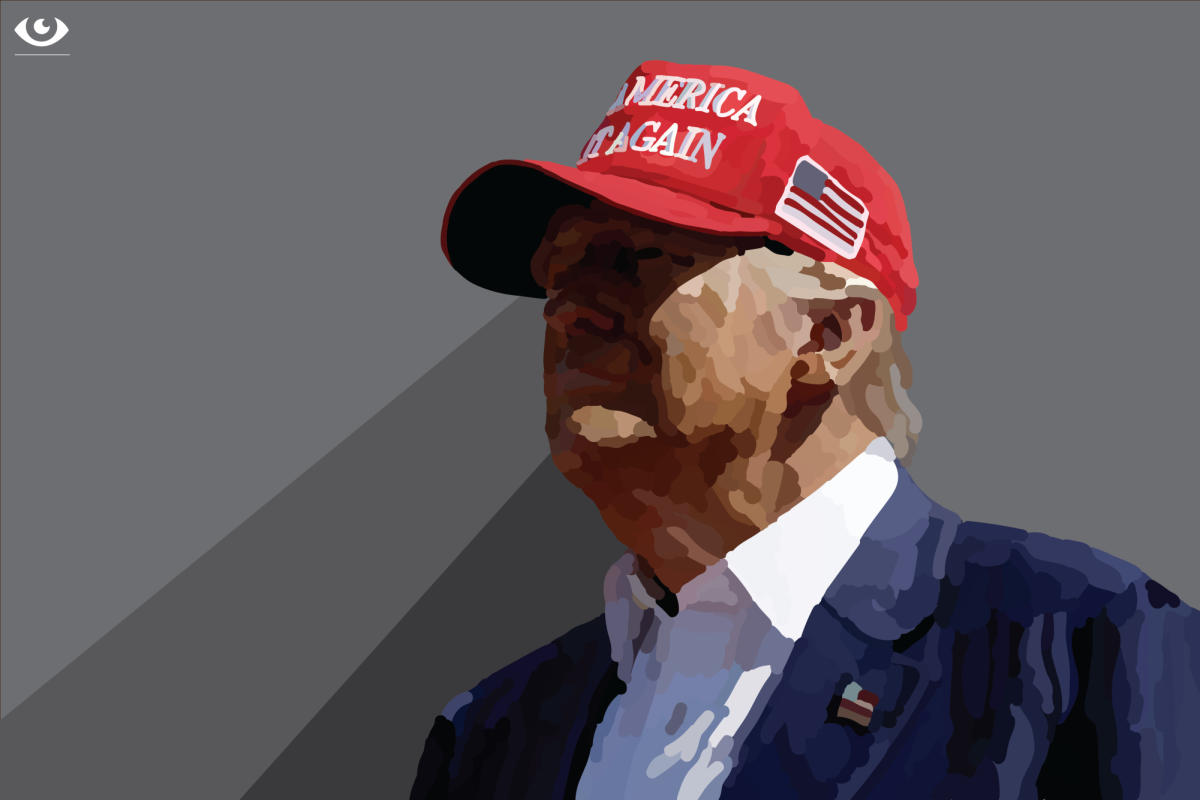You may genuinely believe George Zimmerman is innocent and that Trayvon Martin attacked him first with his lethally sour Skittles and deathly cold glass of iced tea, but even if you do, you simply cannot justify the Florida justice system’s response to the shooting. If a black “neighborhood watch captain” had gunned down a half-white, half-Hispanic, sixteen-year-old child while returning from the convenient store, I guarantee you he wouldn’t have slept in his own cosy bed that night like Zimmerman did; he would have slept on a cot in a jail cell like all people suspected of murder should until given bail by the court. But the Florida police in Sanford county sided with Zimmerman’s dubious alibi and got him off on Florida’s ambiguous Stand Your Ground law.
I mean, seriously? A 26-year-old vigilante shoots an unarmed kid in broad daylight, and the police don’t even keep him detained overnight? The decision to let Zimmerman go was either the result of overt racism or incomprehensibly stupid judgment. The Stand Your Ground Law that Zimmerman got off on revolves around two presumptions the defendant most reasonably be able to argue:
- The presumption that the defendant had a reasonable fear that deadly force was necessary; and
- The presumption that the intruder intended to commit an unlawful act involving force or violence.
Considering Trayvon was found with no weapons on him, face down, with two bullets in his back, we see that there was absolutely no legal or logical reason to let Zimmerman off that night. Now, I’m not saying Zimmerman is guilty; all I’m saying is there’s no practical or legal justification for not arresting him for murdering the kid he admitted to shooting. Whether or not he truly is guilty of murder will be left to a jury of his peers in a court setting. My point is that if the races were switched in this shooting, the black shooter would have been arrested immediately. And if you can agree with this assumption, then you must agree that the Sanford county police decision was racist.
This is the real racism in the case. The media tries to dramatize and sensationalize the question: was Zimmerman a racist? But that fact is relatively unknowable and irrelevant. What is relevant is whether the justice system racially discriminates against its citizenry under ambiguous laws that leave ultimate discretion up to the police.
Thankfully, Zimmerman was later arrested and charged with second degree murder, but it took a national effort and outrage over the case to obtain justice. So the real question becomes: how many other cases just like the Trayvon Martin shooting have gone without national publicity and nationwide riots? How many other Zimmermans out there have gotten off without a trial? How many other Trayvon Martins have died in the streets?
Oftentimes, when a question like this gets raised, people angrily object that “We’re past these racial issues! Stop trying to bring us back to the past!” But no one is trying to—we’re simply addressing the different, yet still prevalent, issues of today. No one is saying the police in Sanford County were under orders to let all non-black suspects go, and arrest all blacks, but the fact is that subconscious racial stereotypes and prejudices play a role in the way our justice system works.



